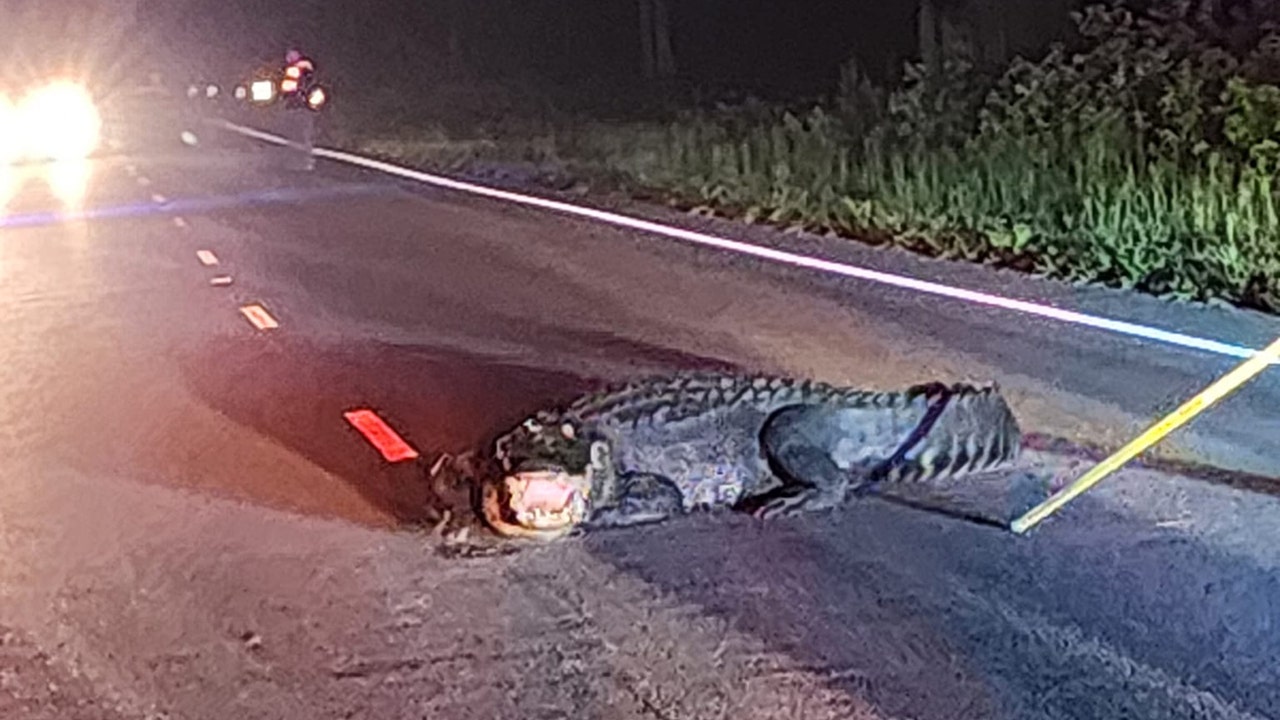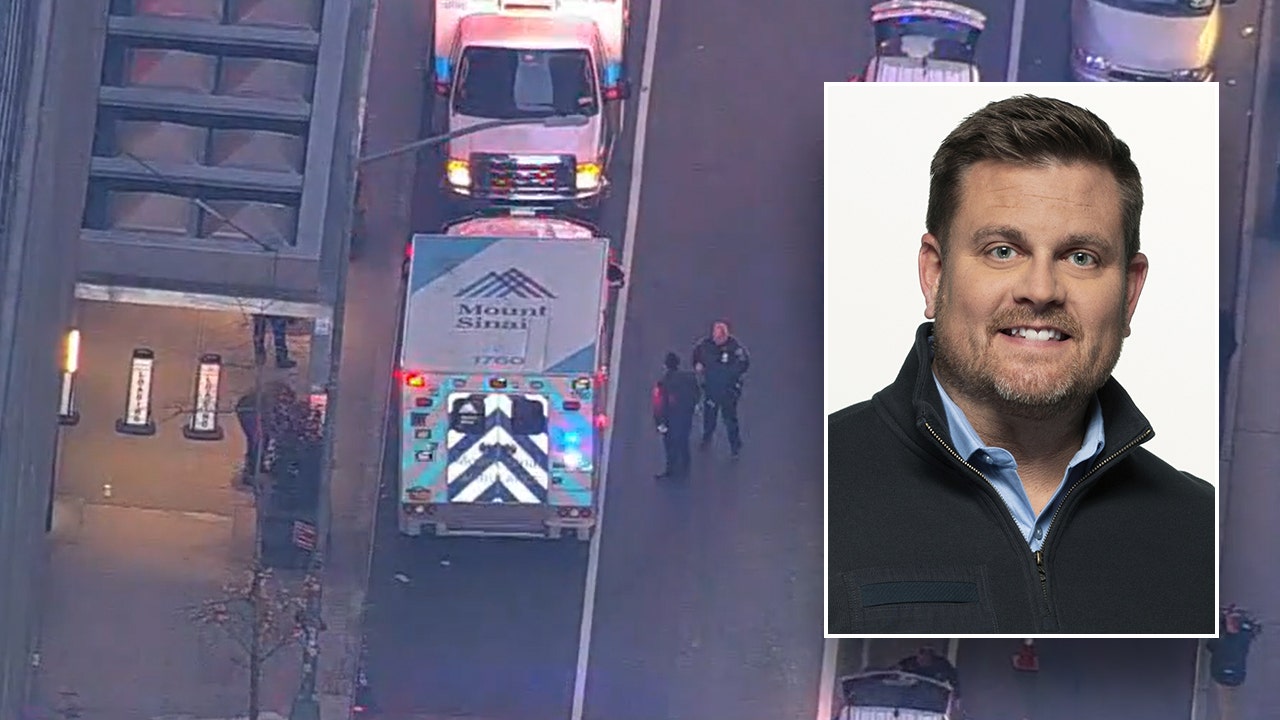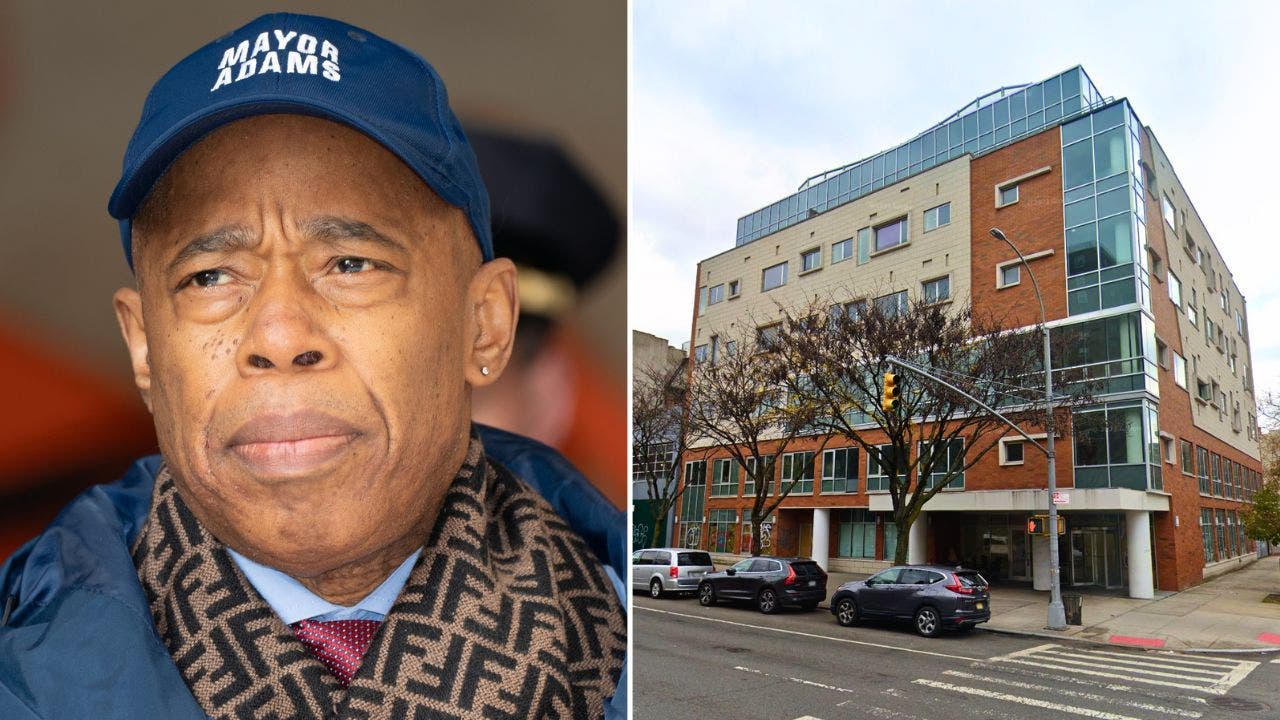The early morning sky was a pool of ink, and the air was violently cold, at least by the standards of a Southerner by way of Nigeria. Still, Cornelius Ani pulled himself out of bed on Tuesday, bundled up and drove in 30 miles from the Atlanta suburbs. He had to.
This was his chance — his only chance — to be in the presence of someone like Jimmy Carter. A president of the United States. A Nobel Peace Prize laureate. A Georgian. A man with humble roots he deeply admired. Mr. Ani, 62, expected he would never encounter anyone else like that in his lifetime.
“That combination can only come from somebody who is chosen,” Mr. Ani said, beaming — suddenly immune to the chill — as he walked away from Mr. Carter’s coffin, having come to the Carter Presidential Library in Atlanta hours before sunrise.
“Give it all, give it all, give it all,” Mr. Ani, a civil engineer, said. That was the lesson he took from Jimmy Carter.
The library had been open around the clock since Saturday evening, allowing anyone who wanted to step up to the coffin covered in an American flag to do so — to say a prayer, offer a salute, watch the changing of the guard, cry, or just stand there and savor the immersion in a moment that felt like a piece of history.
Soon after, Mr. Carter’s remains would be carried on to Washington, the next leg in a journey encompassing the former president’s long and multifaceted life. He would leave Atlanta for the final time. There was no big last-minute surge before the visitation ended at 6 a.m. In those last hours, the security officers and the crew of volunteers sometimes outnumbered the visitors.
Some arrived in scrubs and fluorescent vests. John Roberts, 58, put on a dress shirt, a tie and a gray sweater. “I feel like it warranted it,” he said. He came in from Marietta in the Atlanta suburbs, parked somewhere he hoped he wouldn’t get a ticket and went inside to say a short prayer.
“I pray I live to 100,” he said. “I pray I live a life like he lived.”
Kim Jensen, an associate director of the Carter Center’s program for controlling trachoma, an eye disease that is a leading cause of blindness around the world, had already been to a special service for the center’s employees. Still, she wanted to come again, walking over from her house around 4 a.m.
“I did kind of worry he was going to be alone,” she said.
As humbly as Mr. Carter might have presented himself, he was nevertheless in that rarest category of figures known and respected around the world, the one occupied by presidents, popes and monarchs.
Death, it seemed, did not dampen the power of being in his presence. It was, quite possibly, the opposite.
“I just wanted to be part of history,” said Amber Seabrook Stokes, a chiropractor who woke up around 2:30 a.m. and came from Powder Springs, Ga., about 20 miles away. “My husband looked at me like I was crazy.”
She struck up a conversation with Lailaa Ragins, a stay-at-home mother from Marietta, on the bus ride to the library, and they came out of the visitation together. They bonded over their affection for Mr. Carter and the realization they lived not too far from each other.
Ms. Ragins wanted to come before her children woke up. She felt a connection to Mr. Carter because of their shared Christian faith, she said, and because of Habitat for Humanity, the nonprofit long associated with Mr. Carter. Her family moved into a Habitat house when she was a child. She remembered her mother going to do her “sweat hours” every Saturday, the in-kind down payment required to buy one of the nonprofit’s homes.
She left feeling joyful.
“This life is not all there is,” Ms. Ragins, 39, said. “His soul is with God. He’s with his wife. His soul is free.”
Mel Selcho, 53, huddled by a heater outside and welcomed people in. “There are not a lot of men I would stand in the cold for,” Ms. Selcho joked. She could have been one of the volunteers inside. But being “a professional shusher,” as she called it, was not for her. This role suited her better.
“Here to see President Carter?” she asked people walking up.
“President Carter is waiting for you!”
As a girl in Utah, where Mr. Carter was not so popular, she was one of a handful of students in her elementary school who voted for him in a mock election. “He’s always had a special place in my heart,” she said.
When she had her own chance to step up to pay her respects, she got emotional. “I was very surprised I teared up,” she said.
Others had the same unexpected response. Watery eyes that morning were not caused by blustery wind alone.
“I was there five to 10 minutes, tears literally falling down my face,” said LaSonya Burton, another volunteer on the overnight shift who came from Douglas County, about 25 miles west of Atlanta.
She had never been to the Carter Center before, and now she was instructing visitors to sign the guest books.
Binders had been stuffed with messages in a variety of languages and more than a few renderings of peanuts, including one with a toothy grin and angel’s wings. A family from Ellenwood, Ga., sat down and filled up pages. (A brief excerpt: “Exhibiting meek is not weak,” one of them wrote.) Most people just jotted down a few words.
The world will miss you & so will Atlanta.
Thank you for tirelessly working for a cleaner, safer, better and fairer world. I will carry your message. I’m sorry we let you down.
My Aunt Kathryn met you in her 80s in North Carolina & was giddy as a school girl.
You rule Jimmy
By 5 a.m., the end of the visitation loomed. The size of the crowd picked up slightly. “One more hour!” Ms. Selcho called out.
Joshua Newsome, 24, and Antonio Hatch, 25, in their black, puffy winter jackets, rode over on their bicycles. “It was a once in a lifetime opportunity,” Mr. Hatch said, “and a bit of an adventure with the cold, so we got up stupidly early.”
The experience was powerful. “It’s a moment of honor and respect,” Mr. Newsome said. But he also conceded the gravity of that moment, and what he would ultimately take from it, had not set in yet. “I think I have to wake up a little bit,” he said before pedaling home in the dark.






